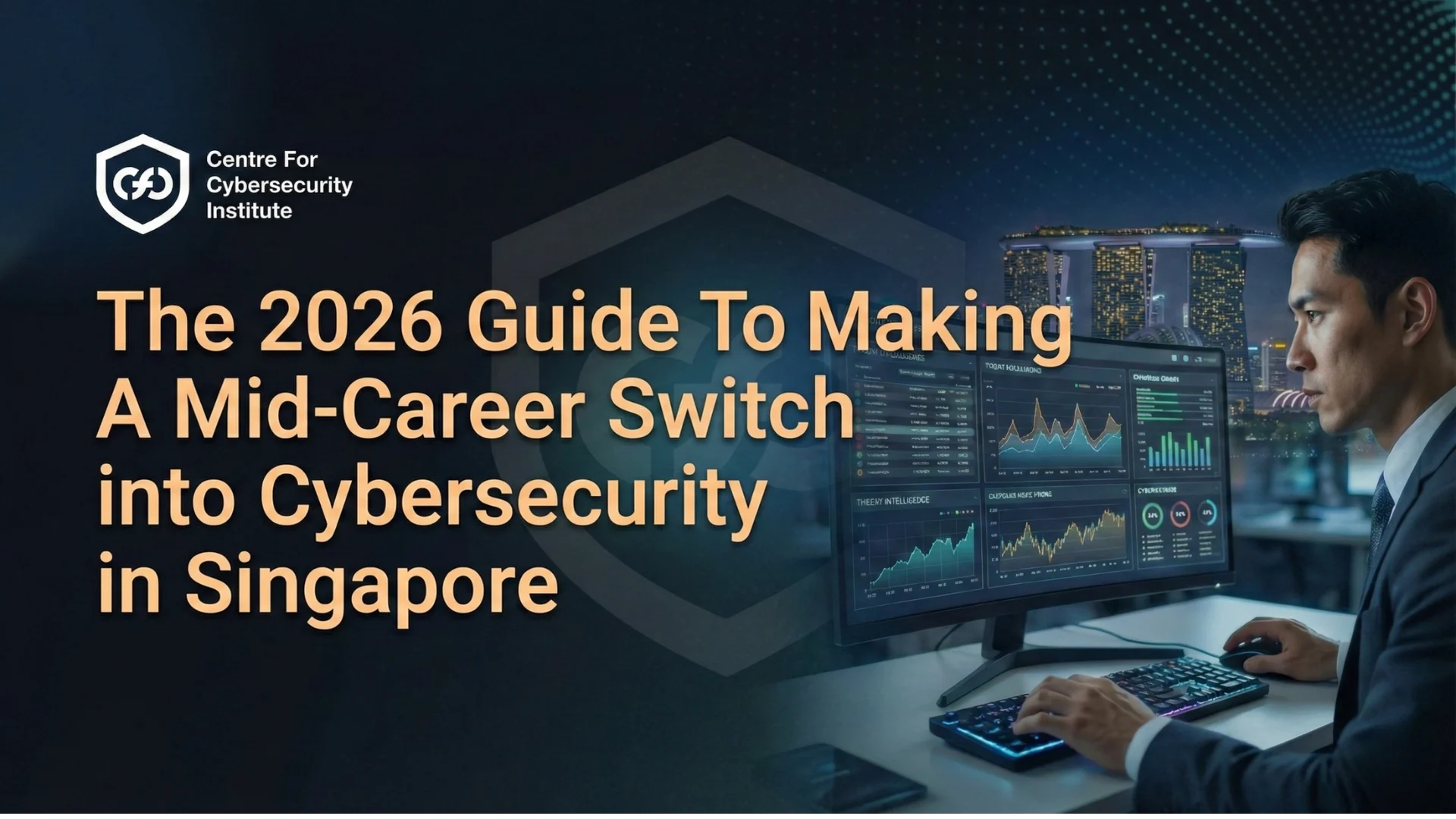In today’s digital era, online banking has revolutionised the way we manage our finances, especially for Singaporeans. However, with the convenience of online banking comes the risk of cyberattacks. As previously known, according to MAS, there was a disruption in DBS Singapore's Digital Banking Services on 29 March 2023. It was also the second online service disruption experienced by Singapore bank DBS in just over a year, indicating its failure to ensure system availability, according to ZDnet.
To ensure your financial safety and security, it is important to implement safe online banking practices. In this article, we will discuss valuable tips and strategies that can be implemented to protect themselves from cyber threats when banking online.
Use Strong and Unique Passwords:

When it comes to online banking, a strong and unique password is your first line of defence. Avoid using easy-to-guess information like your date of birth or name. Instead, create complex passwords that consist of a combination of upper and lowercase letters, numbers, and special characters. Utilising a reputable password manager can help create and securely store unique passwords for your various accounts.
Implement Two-Factor Authentication (2FA):
Two-Factor Authentication adds an extra layer of security to your online banking account. By enabling 2FA, you provide an additional verification step beyond your password. This usually involves a temporary code sent to your registered mobile phone number or a biometric verification method such as fingerprint or facial recognition. Enable 2FA whenever possible to increase the security of your online banking transactions.
Stay Alert to Phishing Attempts:

Phishing attacks remain a prevalent threat to online banking. Cybercriminals use deceptive tactics to trick individuals into revealing their sensitive banking information. Be wary of emails, text messages, or phone calls requesting your account details or password. Legitimate banks and financial institutions never request such information through these channels. Always verify the authenticity of any communication by contacting your bank directly through their website or authorised helpline.
Learning from existing cases, this SMS-phishing scam involved at least 469 OCBC Bank customers and resulted in losses of over SG$8.5 million, of which S$2.7 million was lost over the three-day Christmas weekend.
Secure your Device and Network:
Securing your device and network is of utmost importance when banking online. Ensure your devices have the latest antivirus software installed, and update your operating system and apps regularly to patch security vulnerabilities. Also, use a secure, password-protected Wi-Fi network or a trusted mobile data connection for your online banking activities.
Public Wi-Fi networks are often insecure and can be easily exploited by hackers. Instead, use a secure, password-protected home network or a trusted mobile data connection for your online banking activities.
Monitor Your Account Regularly:

Monitoring your online banking account regularly is essential to detecting suspicious activity immediately. Review your account statements, transaction history and notifications regularly. If you notice any unauthorised transactions or suspicious activity, report it to your bank immediately. Taking quick action can help reduce potential losses and prevent further fraudulent activity.
Here is a list of local banks in Singapore and their fraud hotlines you can call for assistance if you detect any suspicious transactions in your bank account.
- DBS: 1800 339 6963 or (65) 6339 6963 from overseas
- OCBC: 6363 3333 or (65) 6363 3333 if you are overseas
- UOB: 6255 0160
- Citibank: (65) 6337 5519
- HSBC: 65 (6-4722 669)
- Maybank: 1800-629 2265 or (65) 6533 5229 from overseas
- SCB: +65 747 7000
- RHB: 1800 323 0100 or +603 9145 1388 from overseas
Enable Transaction Alert:
Most banks offer a transaction alert service that notifies you via email or SMS whenever a transaction occurs in your account. Activate these alerts to be informed of any financial activity in real-time. If you receive an alert for a transaction that you did not make, contact your bank immediately to report the issue.
Keep your banking apps up to date:

If you use a specialised banking app, ensure they are regularly updated to the latest version. App updates often include security patches and bug fixes that address known vulnerabilities. Keeping your banking app updated minimises the risk of falling victim to attacks that target outdated software.
Educate Yourself on Security Best Practices:
Staying informed about the latest security best practices is essential to keep online banking safe. Stay updated with the latest information on common cyber threats and educate yourself on safe online banking habits. Read articles and resources from reputable sources regularly to keep updated with security trends and techniques.
Stay one step ahead of cybercriminals! Empower yourself with knowledge and skills in the world of Cybersecurity at Centre For Cybersecurity Institute.
Join the Centre For Cybersecurity to kickstart your cybersecurity career.
You can attend our Information Sessions for free or join our Cybersecurity Experiential Workshop (CEW).
Kickstart Your Cybersecurity Career
We specialise in helping mid-career individuals become cybersecurity heroes and secure a cybersecurity career in 8-months. Speak to us today to find out more.
.png)

.png)



